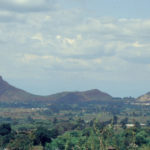
In the beautiful Tororo District of Eastern Uganda, where Tororo Rock rises in the distance, you can find the Petta Health Centre III—an Ipas supported-facility where clients come from across the region to receive comprehensive and caring abortion services from an Ipas-trained provider.
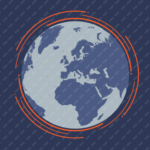


In the wake of tropical cyclone Ana, which has killed more than 80 people in Southern Africa, Ipas teams in Malawi, Mozambique and Zambia are preparing a coordinated response to ensure that reproductive health care, including access to postabortion care and contraception, remains available to women and girls affected by the storm.
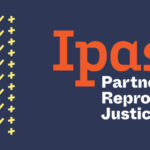

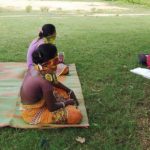

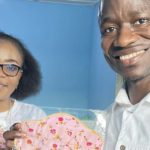
During COVID-19, women and girls around the world have faced a surge in gender-based violence (GBV) linked to lockdowns and stay-at-home orders issued by governments in response to the pandemic.
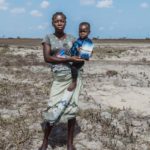
In the coastal town of Joal in Senegal, the community are dependent on the sea for everything from their food to their livelihoods. But a reduction in rainfall, plus an influx of sea water and algae, caused by rising sea levels and erosion, means that many species of fish that used to flourish in the mangroves no longer do so.
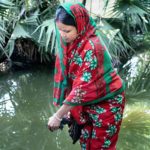

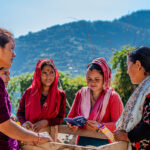
In rural Nepal, women’s lives have often been restricted by silence and unspoken rules. From menstruation taboos to misinformation on family planning and abortion, many young women are taught to accept harmful practices as normal. For years, Himali Khatri did too. “I am almost 40 years old, and until now, I have never received such knowledge about reproductive health,” she says.
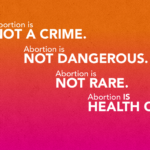
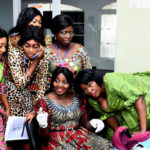

A bold new effort to coordinate and catalyze the safe abortion movement across Francophone Africa is under way.

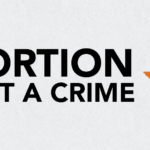

In Nigeria, where abortion is highly restricted and access to services is limited, more and more people are self-managing their abortions after going to patent medicine vendors (PMVs) for abortion information and pills.

